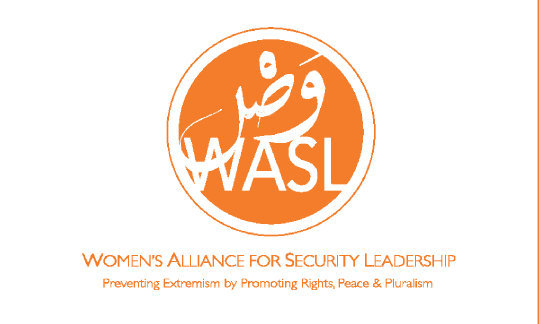In 2016, the International Civil Society Action Network (ICAN) began exploring the nexus of economic policy, gender and extremism in collaboration with the United Nations Development Programme (UNDP) and the Center for Women’s Global Leadership at Rutgers, The State University of New Jersey. Women peace practitioners and rights activists have long been concerned by decisions made at global and national levels that at the local level impact dynamics of economic exclusion, threaten social cohesion and exacerbate vulnerabilities to radicalization. Violent extremism and state responses to it place significant economic burden on societies. In Pakistan, for example, it is estimated that the Pakistan estimates that the direct and indirect cost of the “War on Terror” between 2002 and 2016 was $118 billion.1
The members of the Women’s Alliance for Security Leadership (WASL) have consistently draw attention to this gap between policy intentions and realities on the ground. Their lived experiences of the economic dynamics in contexts affected by violent extremism, combined with desk research on the state of current policy and practice, and the multi stake holder Global Solutions Exchange (GSX)2 meeting on these issues held at the UNDP headquarters in New York in March 20173, inform the findings of this report.
You can have access to the full report in PDF 2017 PVE and Economics Brief


